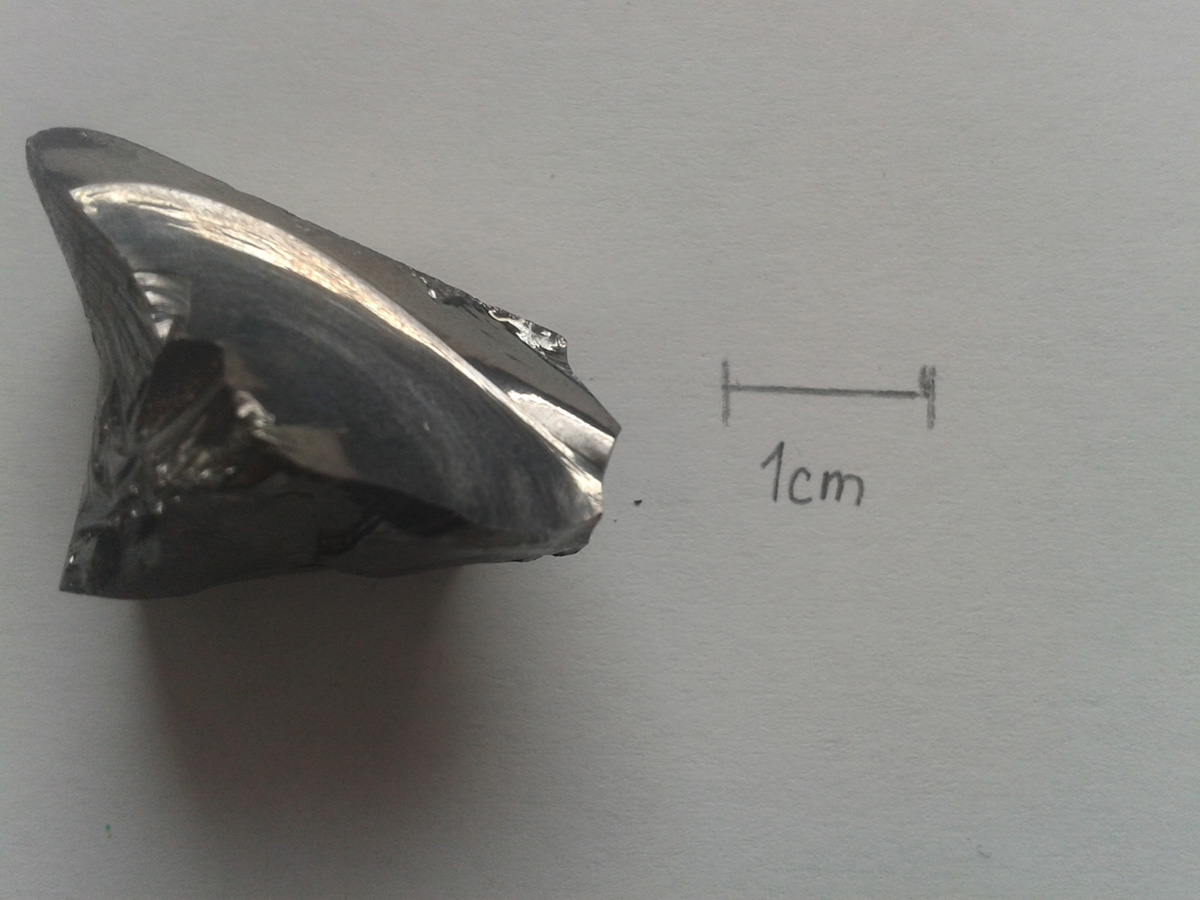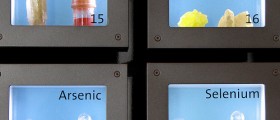
Selenium is a nutrient that is present in our body almost in the every organ and it is necessary for a proper functioning of the body. However, only small amounts, approximately 50 micrograms of selenium a day, are considered to be healthy and enormous amounts of selenium in the body may cause health problems.
The body gets selenium from plants and animal items that are consumed, meaning that the levels of selenium depend on the levels of selenium of the soil where the plants and animal grow. When the soil is not rich in selenium, people do not consume enough amounts of it and thus the selenium deficiency symptoms may appear.
Health benefits of selenium
Selenium as a chemical element has numerous industrial uses. Furthermore, selenium can be found in foods and can be used for threatening certain medical conditions. When it comes to the human body, selenium has several important roles. This chemical element is very good in protecting our body from free radicals, because they may cause a great damage to our organism. Furthermore, selenium is an active element in manufacturing the antioxidants, which are used by the body to fight against free radicals.
The risk of certain types of cancer may be decreased by the use of selenium in combination with vitamin E. Moreover, it is proven that selenium is very effective in keeping the blood pressure in normal levels. The thyroid gland cannot function properly without this element, which also prevents body’s toxicity from several metals, such as arsenic, copper and mercury.
Symptoms of selenium deficiency
Selenium deficiency occurs very rarely, because the body needs only very small amounts of it. Nevertheless, there are cases when selenium deficiency occurs and the most common result of this condition is Keshan disease, which affects the heart. This disease typically occurs in children and causes arrthythmias and heart tissue loss. Another frequent symptom of selenium deficiency is Kashin-Back’s disease, which is the joint disease marked by the deterioration of joint tissues. Hypothyroidism or inactive thyroid gland is also a symptom of selenium deficiency, which happens because selenium helps in conversion of thyroid hormone T4 to hormone T3. Fatigue, muscle weakness and pain, hair or skin discoloration and miscarriage can also be some of the signs of this condition.
Selenium should ne maintained in normal levels, because on the other hand, even high amounts of this element may cause certain complications, such as selenium toxicity. The most common symptoms of selenium toxicity are nausea and vomiting, as well as hair loss and loss of fingernails.

















Your thoughts on this
Loading...